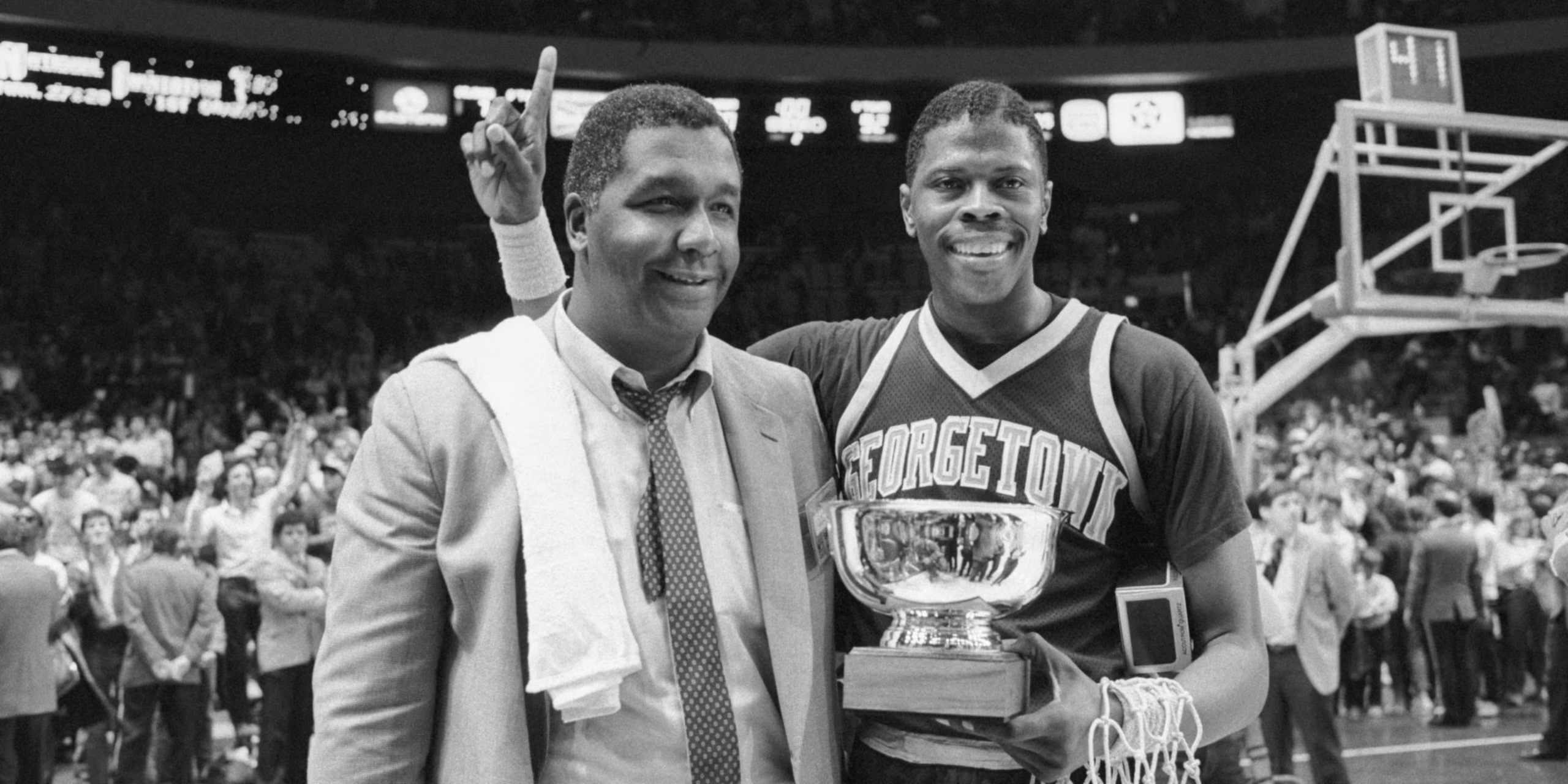In sports, athletes often receive the spotlight, celebrated for their skill, agility, and clutch performances. Yet behind every legendary player is often a mind just as brilliant guiding them—a coach whose strategic vision, innovation, and leadership redefine the sport itself. From devising game-changing formations to transforming underperforming teams into champions, these tactical masterminds are the …
Tactical Mastery: Coaches Who Changed the Game

In sports, athletes often receive the spotlight, celebrated for their skill, agility, and clutch performances. Yet behind every legendary player is often a mind just as brilliant guiding them—a coach whose strategic vision, innovation, and leadership redefine the sport itself. From devising game-changing formations to transforming underperforming teams into champions, these tactical masterminds are the unsung architects of victory.
The story of sports is as much about the coaches who challenge conventions, exploit weaknesses, and inspire excellence as it is about the athletes who execute their strategies.
1. Defining Tactical Mastery
Tactical mastery goes beyond simple game plans. It encompasses:
- Strategic Innovation: Introducing new formations, plays, or approaches that opponents struggle to counter.
- Player Optimization: Leveraging individual strengths and minimizing weaknesses.
- Adaptability: Making real-time adjustments in response to unfolding challenges.
- Leadership and Motivation: Cultivating team cohesion and mental resilience.
A coach with tactical mastery can change the outcome of a match, a season, or even the trajectory of a sport, leaving a lasting legacy that influences generations.
2. Iconic Football Strategists
Football has seen coaches who transformed tactics and changed the way the game is played.
- Rinus Michels: Known as the father of “Total Football,” Michels revolutionized the sport in the 1970s, emphasizing fluid positional play and collective responsibility. His teams could seamlessly switch roles, confusing opponents and dominating possession.
- Pep Guardiola: A modern tactical innovator, Guardiola has redefined club football with his emphasis on possession-based play, pressing, and spatial awareness. His tenure at Barcelona, Bayern Munich, and Manchester City showcases how intricate tactics combined with player creativity can achieve unparalleled success.
- José Mourinho: Famous for his defensive organization and strategic pragmatism, Mourinho demonstrates that tactical mastery is not always flashy—it’s about exploiting strengths and minimizing exposure to risk.
These coaches illustrate that tactical brilliance can manifest in diverse ways, from high-possession dominance to meticulously planned counterattacks.
3. Basketball: Innovation on the Court
In basketball, coaching strategies can dictate tempo, spacing, and player roles, often determining playoff success.
- Phil Jackson: The “Zen Master” utilized the triangle offense to maximize player movement, spacing, and scoring opportunities, guiding the Chicago Bulls and Los Angeles Lakers to multiple championships. Jackson’s ability to merge tactical insight with psychological management made his teams resilient under pressure.
- Gregg Popovich: With the San Antonio Spurs, Popovich emphasizes ball movement, adaptability, and a team-first mentality. His approach proves that tactical mastery involves flexible strategies that evolve with personnel and competition.
Basketball demonstrates how coaches can manipulate pace, matchups, and psychology to gain a competitive edge, turning talented rosters into cohesive dynasties.
4. Beyond the Mainstream: Tactical Pioneers in Other Sports
Tactical innovation is not limited to football or basketball. Coaches across sports have reshaped competitive landscapes:
- Cricket: Steve Waugh and John Wright emphasized strategic field placements and mental toughness, turning underdog teams into world-beaters. Modern coaches employ data-driven analysis for match-ups, batting orders, and bowling strategies.
- Formula 1: Engineers and race strategists like Toto Wolff and Christian Horner combine technical insight with split-second tactical decisions, managing tire wear, pit stops, and fuel consumption to dominate championships.
- Tennis: Coaches like Ivan Lendl and Toni Nadal have influenced athletes through meticulous preparation, tactical planning, and mental conditioning, showing that game strategy extends beyond individual matches.
Across sports, the common denominator is a coach’s ability to think ahead, anticipate opponents, and mold players to execute with precision.
5. Psychology and Leadership in Tactical Mastery
Strategy alone is insufficient; a tactical master must motivate, inspire, and manage personalities. Coaches often balance egos, team dynamics, and psychological pressures to maximize performance.
Techniques include:
- Building trust: Players perform best when they trust the coach’s vision.
- Situational awareness: Understanding morale, fatigue, and stress to make timely interventions.
- Adaptive communication: Tailoring instructions to different personalities and learning styles.
In essence, coaching is both a science and an art, where tactical ingenuity and human insight intersect to create sustained success.
6. Case Studies: Coaches Who Rewrote the Rulebook
- Jürgen Klopp: At Liverpool, Klopp introduced “Gegenpressing,” a high-intensity style emphasizing rapid ball recovery and relentless pressing. His philosophy transformed not just Liverpool, but also inspired clubs across Europe.
- Bill Belichick: The mastermind of the New England Patriots’ dynasty, Belichick’s approach centers on opponent-specific game plans, situational awareness, and versatile player deployment, highlighting the value of preparation and adaptability in football.
- Pat Summitt: In women’s basketball, Summitt combined tactical rigor with mentorship, cultivating champions who executed complex plays with precision and resilience.
These examples demonstrate that tactical mastery is timeless, sport-agnostic, and transformative, influencing not just outcomes, but the very culture of their disciplines.
7. The Future of Tactical Mastery
The next frontier combines data analytics, AI, and technology with traditional coaching wisdom. Modern coaches use:
- Real-time tracking and performance metrics to optimize lineups and strategies.
- Video analysis and predictive modeling to anticipate opponent tactics.
- Virtual simulations and training software to rehearse plays and scenarios.
This fusion of technology and strategy promises even more sophisticated, adaptive, and effective coaching methods, raising the bar for future generations.
Conclusion: Architects of Victory
Coaches who achieve tactical mastery are the unseen architects behind sporting excellence. Their vision transforms teams, inspires athletes, and reshapes entire sports. Whether through innovative formations, psychological insight, or strategic foresight, these leaders demonstrate that winning is often as much about the mind as the body.
In a world where athletes often dominate headlines, it is important to remember that victories are built on preparation, ingenuity, and guidance. From football fields to basketball courts, racetracks to tennis courts, tactical mastery continues to define legends, shape champions, and change the game itself.
Sports are not just played—they are engineered, coached, and inspired, and behind every unforgettable season is a mind that saw possibilities others did not.




